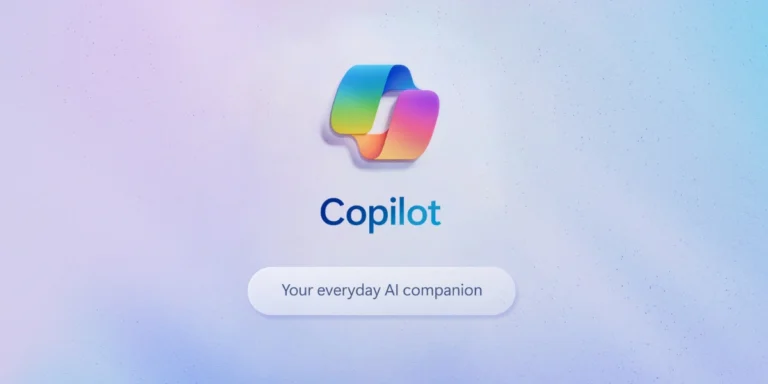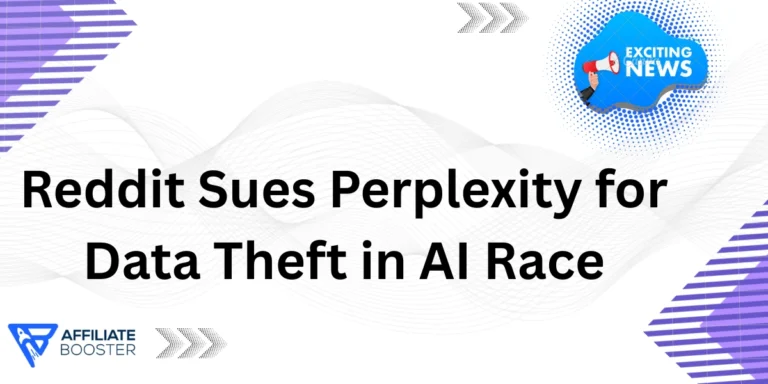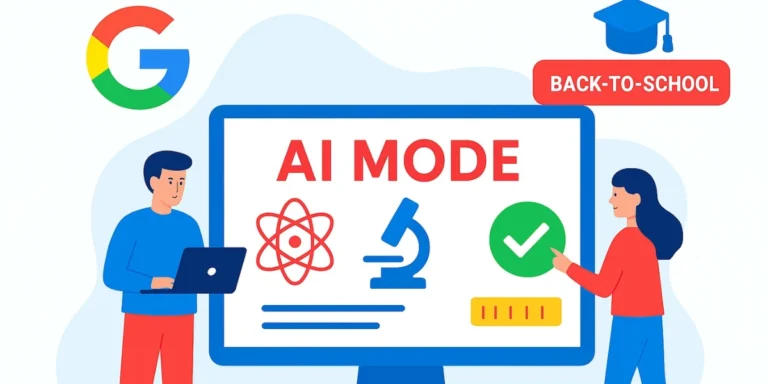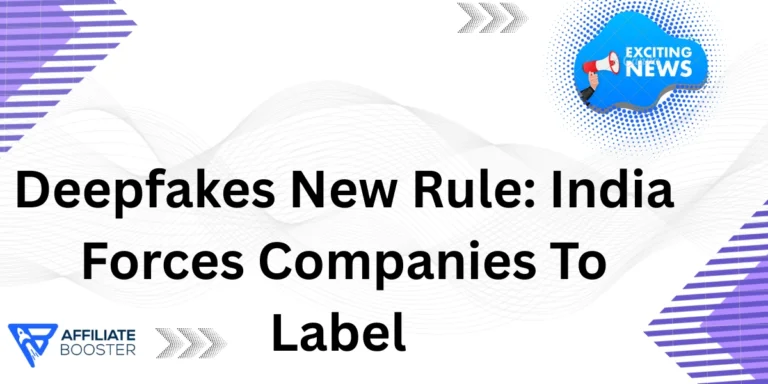In a bold vision for the future, OpenAI CEO Sam Altman declares that access to advanced AI systems could soon rank as a fundamental human right. As artificial intelligence surges ahead, Altman argues this access will power economies and transform lives, ensuring everyone benefits from AI's potential. His comments, shared in a recent blog post, spotlight the urgent need for equitable AI amid explosive growth in the sector.
Altman's timely remarks follow Nvidia's blockbuster pledge to pour up to $100 billion into OpenAI, supercharging the development of cutting-edge AI infrastructure. This partnership underscores OpenAI's aggressive push to scale up computing power, positioning advanced AI systems as everyday tools rather than elite luxuries.
Advanced AI Systems: OpenAI's Ambitious Compute Expansion

Altman envisions a world where advanced AI systems tackle humanity's toughest challenges, but warns that limited resources force tough choices. “If AI stays on the trajectory that we think it will, then amazing things will be possible,” he writes. “Maybe with 10 gigawatts of compute, AI can figure out how to cure cancer. Or with 10 gigawatts of compute, AI can figure out how to provide customized tutoring to every student on earth.”
To make this happen, OpenAI partners with Nvidia to deploy massive data centers. Key details include:
- Investment Scale: Up to $100 billion from Nvidia for AI infrastructure.
- Compute Target: At least 10 gigawatts of Nvidia systems, featuring millions of GPUs.
- Timeline Milestone: First gigawatt via Nvidia's Vera Rubin platform rolls out by late 2026.
- Production Goal: Build a “factory” churning out one gigawatt of new AI infrastructure weekly.
OpenAI plans to unveil fresh strategies soon on constructing these AI factories and boosting capacity. Altman emphasizes, “Our vision is simple: we want to create a factory that can produce a gigawatt of new AI infrastructure every week.”
This surge builds on OpenAI's evolving partnerships. For years, Microsoft fueled its compute demands for training models like ChatGPT. Now, a $300 billion deal with Oracle secures 4.5 gigawatts for Project Stargate—giant national-scale AI data centers.
Also Read: Datacamp Vs Coursera : Which Offers Better Hands-On Learning?
Adding to the momentum, a Financial Times report reveals OpenAI's move to craft its own AI chips with Broadcom's help. Initial shipments could arrive as early as next year, starting within OpenAI's own setups to cut reliance on external hardware.
As advanced AI systems evolve, Altman's call raises key questions: Who controls access? And how do we ensure it's a right for all? With investments like Nvidia's, OpenAI leads the charge, but equitable distribution remains the real test. Stay tuned for more on Sam Altman's AI revolution and its global impact.
More News To Read: AI for Startups: Turning Ideas into Profitable Ventures





